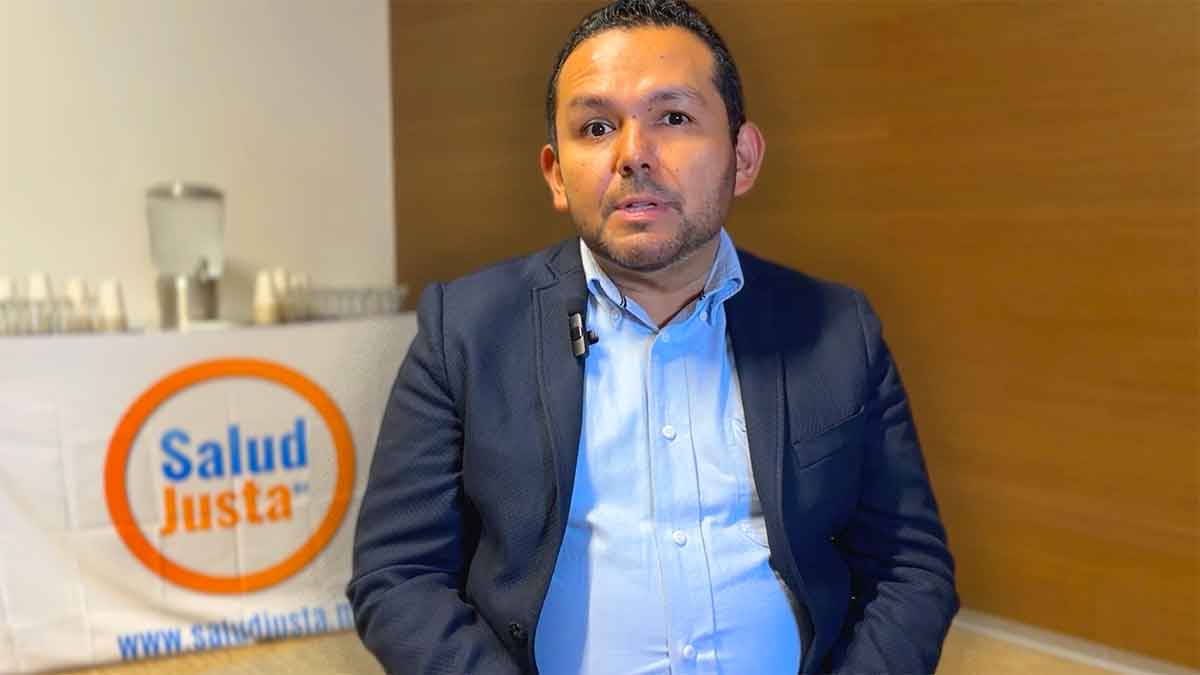- Resources
- News
-
-
Get Email Updates
Sign up for STOP's emails and never miss an update on our latest work and the tobacco industry's activity.
-
Get Funding
Ready to tackle industry interference? You could be eligible for a grant.
-
Share a Tip
Do you have information on tobacco industry misconduct in your country? Let us know.
-
Get Email Updates

UPDATE: On May 17, organizers announced that Philip Morris International (PMI)’s Chief Executive Officer, Jacek Olczak, had cancelled his appearance at this year’s “The Future of Asia” conference and Philip Morris Japan (PMJ)’s logo was removed from the list of event sponsors. This followed the withdrawal of high profile speakers, an open letter from leading public health organizations, and calls for leaders to avoid being complicit in violating tobacco sponsorship bans by attending the online event.
STOP understands that the organizers, Nikkei, contacted speakers who withdrew from the event to request that they reconsider their participation. Nikkei provided assurances that PMI would not have any involvement in the event and that their removal of PMI as a sponsor extended to any funding previously accepted by the organizers.
STOP welcomes Nikkei’s decision to end the tobacco industry’s involvement in the conference and calls on all event organizers to reject tobacco funding and involvement that violates global treaty obligations and domestic policies in many jurisdictions.
Next week, Nikkei will host its 26th International Conference on the Future of Asia—a global gathering where leaders and prominent academics meet to discuss regional issues and Asia’s position in the world.
But this year, speakers and participants may notice a shifting of the tide: It’s the first year since at least 2010 that the conference will be openly and directly sponsored by a tobacco company, Philip Morris Japan (PMJ). Philip Morris International’s (PMI) new CEO, Jacek Olczak, is also confirmed as a speaker in a panel discussion.
This overt sponsorship signals two things. First, that PMI is continuing the industry trend of trying to normalize itself and its products. Second, as this year’s conference focuses on Asia’s role in global COVID-19 recovery, PMI may be distracting from the harms its products have caused both before and during the pandemic.
PMI is hardly an authority on “sustainable growth and transformation”
Olczak is scheduled to participate in a panel during the conference titled, “Sustainable Growth and Transformation in Asia.” The irony is that Olczak promotes the interests of an industry that actively works to weaken the pillars that support sustainable growth in multiple areas.
The tobacco industry stands accused of using child labor; trapping tobacco farmers in a cycle of poverty; contributing to massive environmental degradation; avoiding paying its fair share of taxes; targeting its marketing specifically toward young people, women, members of the LGBTQ community and Black people; manipulating science and fighting evidence-based policies that reduce tobacco use.
The World Health Organization Framework Convention on Tobacco Control (FCTC) states that there is “a fundamental and irreconcilable conflict between the tobacco industry’s interests and public health policy interests.” This, coupled with the industry’s business practices, confirms that PMI is in no position to offer opinions, let alone lead a dialogue, about transforming society for the better.
The tobacco industry could undermine the future of Asia
At the most fundamental level, Asia’s future is its youth—who tobacco companies need to recruit to replace the millions of adult customers who quit, or die because of their products.
Evidence suggests PMI targets youth in Asia and around the world, and experts are sounding the alarm that the industry seems to be creating a new epidemic by getting young people hooked on its new tobacco and nicotine products.
And then there are the young tobacco users of today. As Olczak tries to distract from the industry’s tarnished reputation, these young people are likely to suffer ill health or die prematurely because of the products his company sells.
Simply put, giving PMI’s CEO a platform to speak about the prospects for Asia’s future legitimizes a messenger and a message that marketing addictive, harmful products to youth is OK.
Philip Morris’ participation undermines ad bans and puts world leaders at risk of violating the FCTC
Tobacco advertising is banned in practically all Asian countries, and some even bar advertising tobacco company names, as this counts as brand and product marketing. Plastering Philip Morris names and logos alongside the names of dignitaries and heads of state creates the misleading and horrific impression of state endorsement of tobacco companies.
By providing PMI and PMJ a platform, conference organizer Nikkei is also subjecting some of its speakers to potential violations of the FCTC, which states: “Parties should interact with the tobacco industry only when and to the extent strictly necessary to enable them to effectively regulate the tobacco industry and tobacco products.” In short, Philip Morris’ participation at this conference may undermine efforts to prevent industry interference in public health initiatives.
Government officials’ reputations may also be at stake. Those in attendance may unknowingly or unwillingly be aligning themselves with the tobacco industry by sharing such a platform. As we saw with the recent cancellation of a PMI-sponsored Foreign Policy event on “science diplomacy,” when alerted to the tobacco industry’s involvement, many speakers choose to withdraw their participation, so as not to tarnish their credibility.
We know what’s underneath PMI’s gilded façade
It’s crucial that conference speakers and attendees see PMJ and PMI’s sponsorship and participation for what it really is: a likely attempt to undermine the FCTC and gain access to influential world leaders and academics. It’s another instance of the industry trying to portray itself as a part of the solution in an effort to sell more of its deadly products in Asia.


